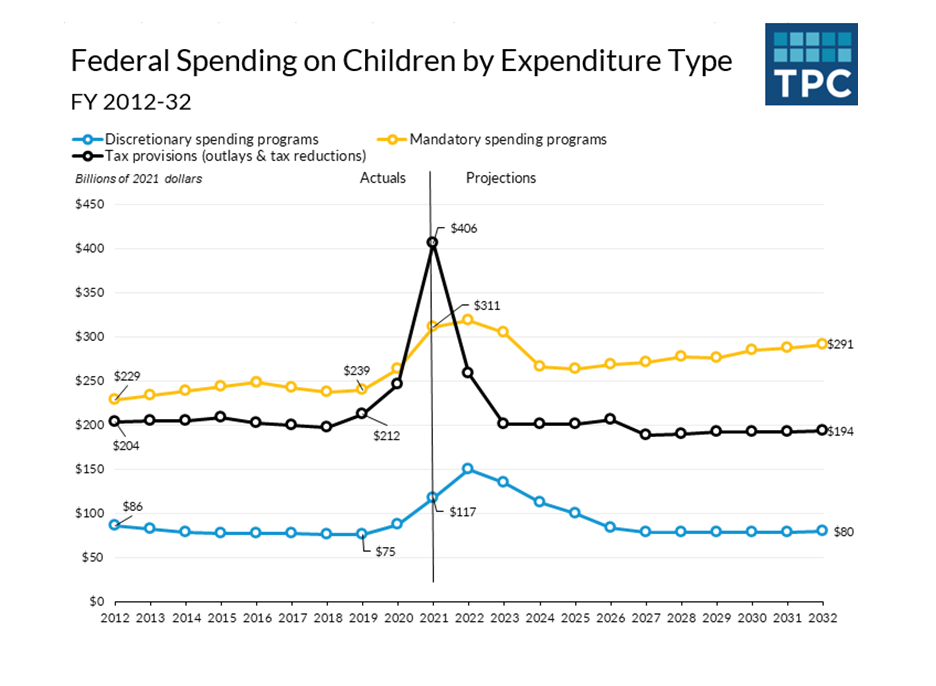Should Online Sports Betting Firms Withhold Taxes On Winnings?
Our teenage son called me from school in the middle of the day last month. I braced myself. Generally, those calls come when there’s a problem.
“We won $1,700 last night! Do we really have to pay 24 percent in taxes, over $400?!”
He was referring to an online sports bet, a 14-game parlay that his dad placed the day before. The odds were stacked against his winning because in a parlay the bettor has to win every game’s wager to win the bet. That’s how his dad’s mere $1 bet paid off so well.
Our son’s tax panic was predictable and might point to a better way to tax winnings and even encourage more responsible betting.
The US Supreme Court ruled in 2018 that states are free to establish their own sports gambling laws in the absence of a federally regulated system. About three-dozen states and Washington, DC now sanction some form of sports gambling.
Typically, when we talk about taxes on sports betting, we are discussing taxes states levy on sportsbooks. But the taxes winners like our family are supposed to pay on gambling winnings are also new territory for a lot of people and governments.
Online sports betting in Michigan has been legal and regulated since December 2019. Michigan follows federal guidelines set by the IRS when taxing sports betting winnings. Those guidelines say winnings are taxable income that must be reported on federal income tax returns and subjected to federal income tax at the individual’s applicable tax rate. In Michigan, winnings are taxed at its flat income tax rate of 4.25 percent.
Our son was mistaken about the 24 percent tax, though. That is the withholding rate which typically applies when a bettor wins over $5,000.
That wasn’t his dad’s situation. Instead, the sports betting platform will send us Form W-2G for the winning transaction since the winnings, minus the $1 bet, are greater than $600 and over 300 times the bet amount. The IRS will get a copy, too. With all our other taxable income, we will report the income from that win on our jointly filed federal and state tax returns.
My son asked if we could also deduct my husband’s more minor losses from that win when we file. We can only deduct if we itemize, which we won’t, given the current standard deduction of $27,700 for joint filers. We’re like most taxpayers and most bettors. If bettors do itemize, they need to keep a record of all gambling winnings and losses and report every dollar on their tax return. Even then, a bettor can only deduct an amount of losses equal to gambling wins.
“Dad could lose more money than he wins and still pay taxes on what he wins?” Our son was shocked.
Yes. I explained that gambling wins and losses are not like taxable investments (you can deduct up to $3,000 in those net losses from income or, in some cases, carry your losses into future tax years). As such, bettors typically wait until tax filing season to report and pay any taxes on their winnings,
But that’s only if they follow the rules. At least one group of bettors might be breaking some rules, and they’re worthy of policymakers’ attention.
Research suggests that between 60 percent and 80 percent of high schoolers gambled for money in the past year. An NCAA study on individuals aged 18 to 22 found that group places sports bets online even in states where gambling is prohibited for those under age 21 or downright illegal.
The NCAA study estimates that a majority of these gamblers bet on average between $1 and $50 (82.8 percent) a day, and many lose between $10 and $300 a day (88.4 percent). Losses are especially steep among young Black bettors, 10 percent of whom reported losing more than $500 in a single day compared to 6 percent of the total surveyed.
Of those the NCAA surveyed, 36.7 percent somewhat or strongly agree, “If I were to frequently engage in sports betting activities, I could consistently make a lot of money.” The study raises the question: Do underage bettors fully understand gambling’s potential downside?
What if the income tax were withheld on all winnings, regardless of the payout size? It would make the tax more salient and require more administrative effort from betting operators and bettors.
To be fair, this is not typically the role of the income tax. But sports betting, and gambling more generally, isn’t a typical business. That’s why Michigan betting operators pay an 8.4 percent tax on adjusted gross sports betting receipts (“bets minus winnings paid to bettors”).
But if all winnings immediately shrank because of withheld income tax, would it temper the optimism some gamblers seem to have and potentially make sports betting less attractive or addictive?
Maybe. Our son was relieved that his dad wouldn’t immediately owe $400 from his win. But the prospect of an upfront withholding tax prompted him to question the fun and excitement of the wager.
Of course, most bettors lose. So will underage and legal bettors ever ask, “What’s the point of playing?”
I wouldn’t bet on it.
The Tax Hound, publishing once a month, helps make sense of tax policy for those outside the tax world by connecting tax issues to everyday concerns. Have a question or an idea? Send Renu an email.






